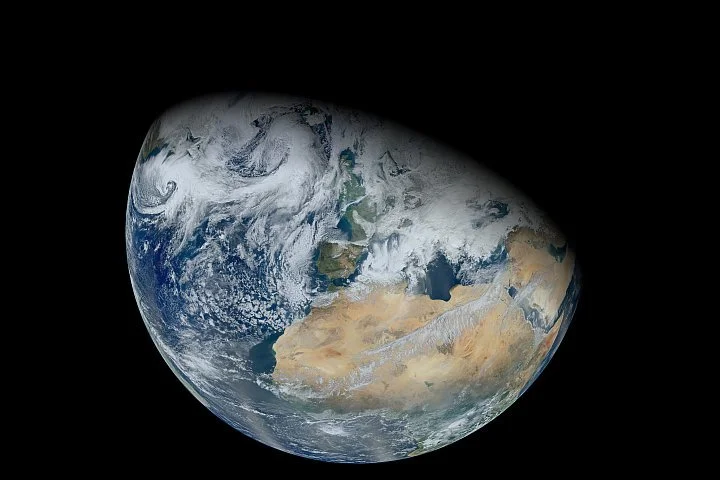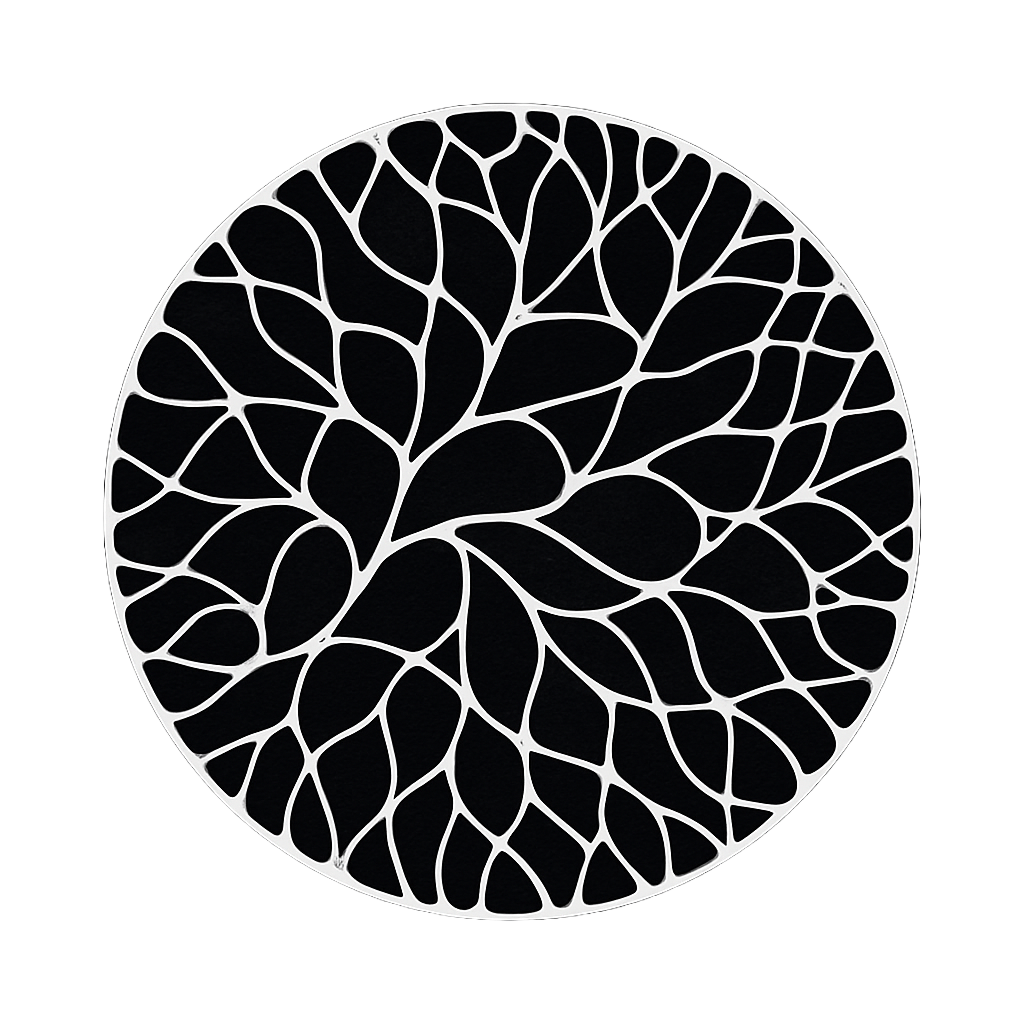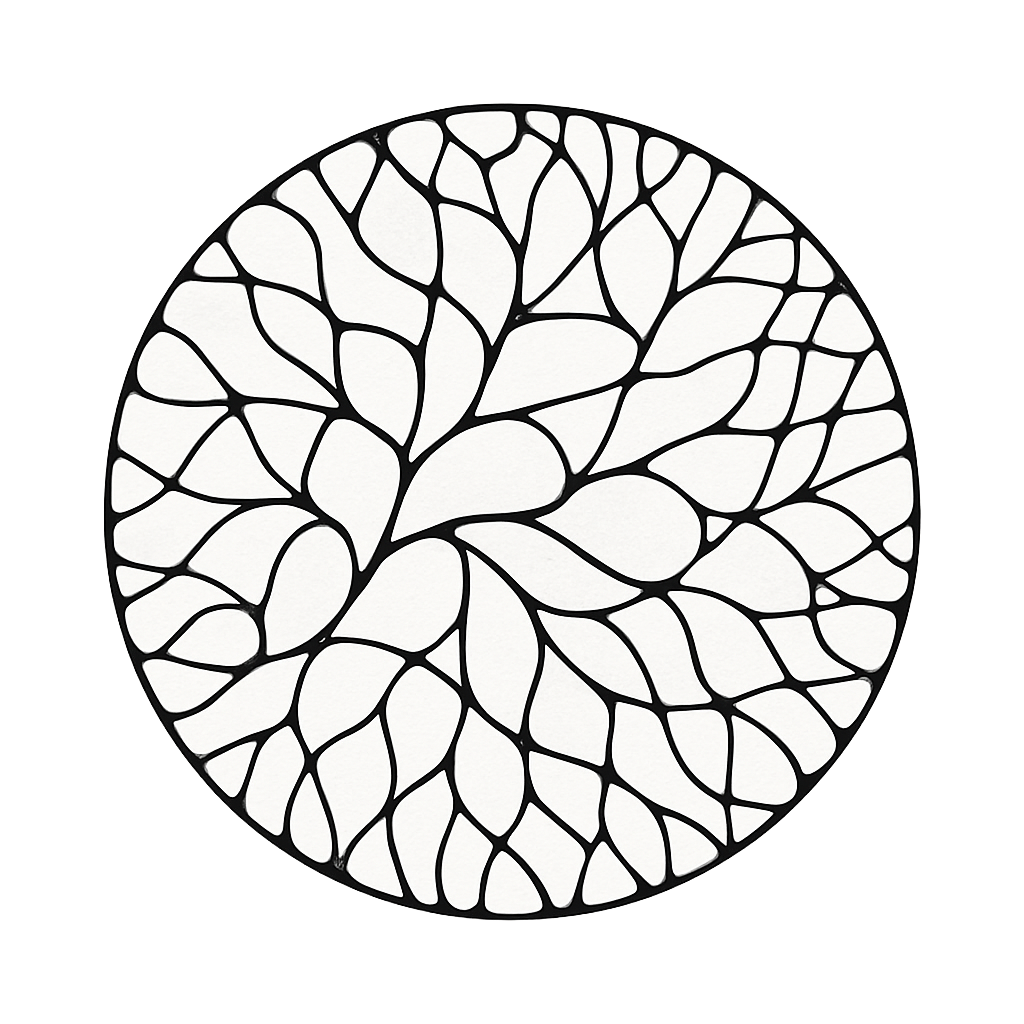

We mobilize support and solidarity for initiatives around the world that protect human rights defenders in their countries and communities.
What is the the Global Defenders Collective?
The Global Defenders Collective is a voluntary association that joins human rights professionals, public servants, and concerned global citizens with organizations and initiatives around the world that protect human rights defenders (HRDs) in their own communities.
At a time of resource scarcity, we believe it is is important to mobilize new resources for local human rights defender protection organizations that are ready to immediately provide cost-effective, life-saving assistance to some of the bravest individuals in the world.
Click here for more About Us.
How the Global Defenders Collective works:
1. We organize among individuals and groups willing to give time, expertise, public profile, connections, financial resources, and operational support to protect human rights defender organizations and initiatives.
Current and former staff of international development organizations, diplomats, security sector professionals, business people, religious and spiritual leaders, academics, health care professionals, and many others have unique skills that could be of great value to local HRD protection organizations.
2. We share the profiles of volunteers directly with trusted local HRD protection initiatives around the world and connect volunteers whose skills, experience, and language skills may be a match.
We are constantly looking for new local protection organizations to join the Global Defenders Collective. There is no cost or obligation to join, and as the initiative advances we plan to create a global advisory board composed of HRD protection groups around the world. The Global Defenders Collective may reach out to its network with targeted requests from our local partners, including advocacy and accompaniment, particularly from prominent individuals willing to use their profile or diplomatic connections to intervene on behalf of human rights defenders at risk, as well as connecting local HRD initiatives across borders to share experience and learning.
3. We work with local HRD initiatives to build financial and operational resilience.
We are exploring ways reach new individual and institutional funders interested in HRD protection, mobilize resources during crises and crackdowns, and provide pooled resources and economies of scale for needs that may otherwise be out of reach for local initiatives in areas such as cybersecurity, crowdfunding, and transnational connections.
Who are human rights defenders (HRDs)?
A human right defender is anyone who, individually or with others, acts to promote or protect human rights in a peaceful manner.
There are defenders in every society—you likely know some in your own community whether or not they identify as a human rights defender. Human rights defenders are often ordinary people taking extraordinary action to protect their own rights and the rights of others.
Examples of human rights defenders include:
journalists exposing corruption and abuse
civil society leaders opposing dictatorship or state violence
lawyers representing victims of human rights violations
local leaders protecting their land or environment
advocates for the rights of people marginalized on the basis of their identity, including indigenous people, people with disabilities, sexual and gender minorities, and cultural and ethnic minorities
democracy defenders observing the integrity of elections and political processes
doctors and public health officials advancing the rights of underserved populations
What are HRD protection organizations?
In an increasing number of countries, being a human rights defender comes with staggering risks, including legal threats, physical attack, and even killings, particularly when defenders cross powerful special interests, including governments, businesses, extremist organizations, and other non-state actors.
Human rights defender protection groups are organizations, coalitions, or networks that actively protect other human rights defenders in their country and community. Some HRD protection organizations have clear protection missions, others are organized out of necessity based on the needs of their community, and many are thrust into protection or mutual aid roles unexpectedly during crises. Local HRD protection organizations are able to act quickly during emergencies and have the trust of their communities and compatriots.
Protection can include relocating defenders targeted because of their work, providing legal aid to the wrongfully detained, accompanying defenders who have been threatened, supporting families, and conducting advocacy on behalf of those at risk.
Critically, local HRD protection providers also play an important role in building resilience among defenders and their networks by providing cybersecurity support, risk management and security planning, advocacy for policy change to support human rights and the safety of human rights defenders, and solidarity networks that can mobilize organizations and individuals when defenders are attacked.

